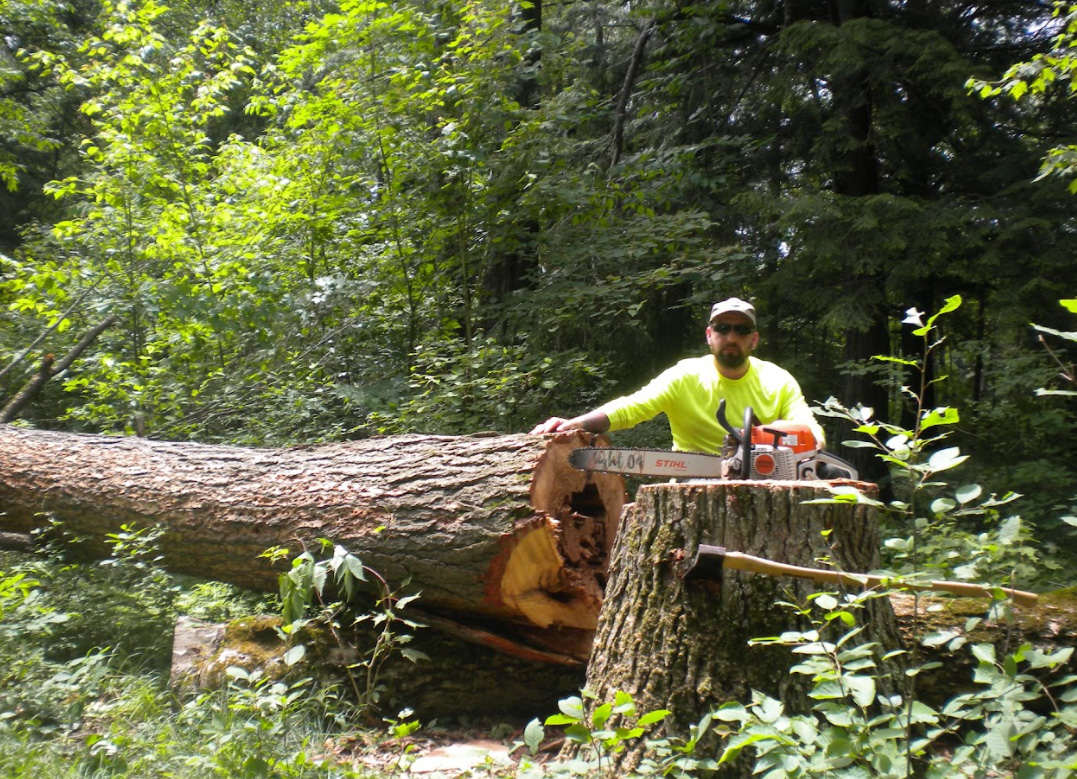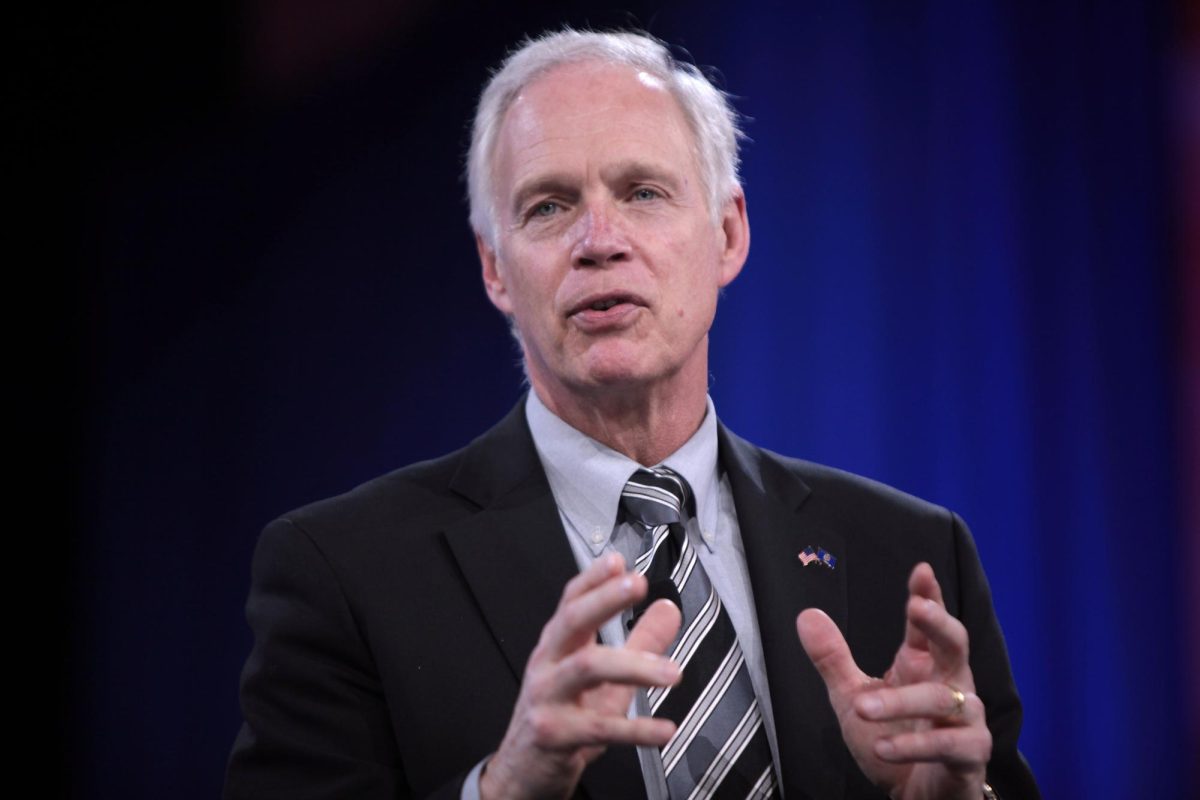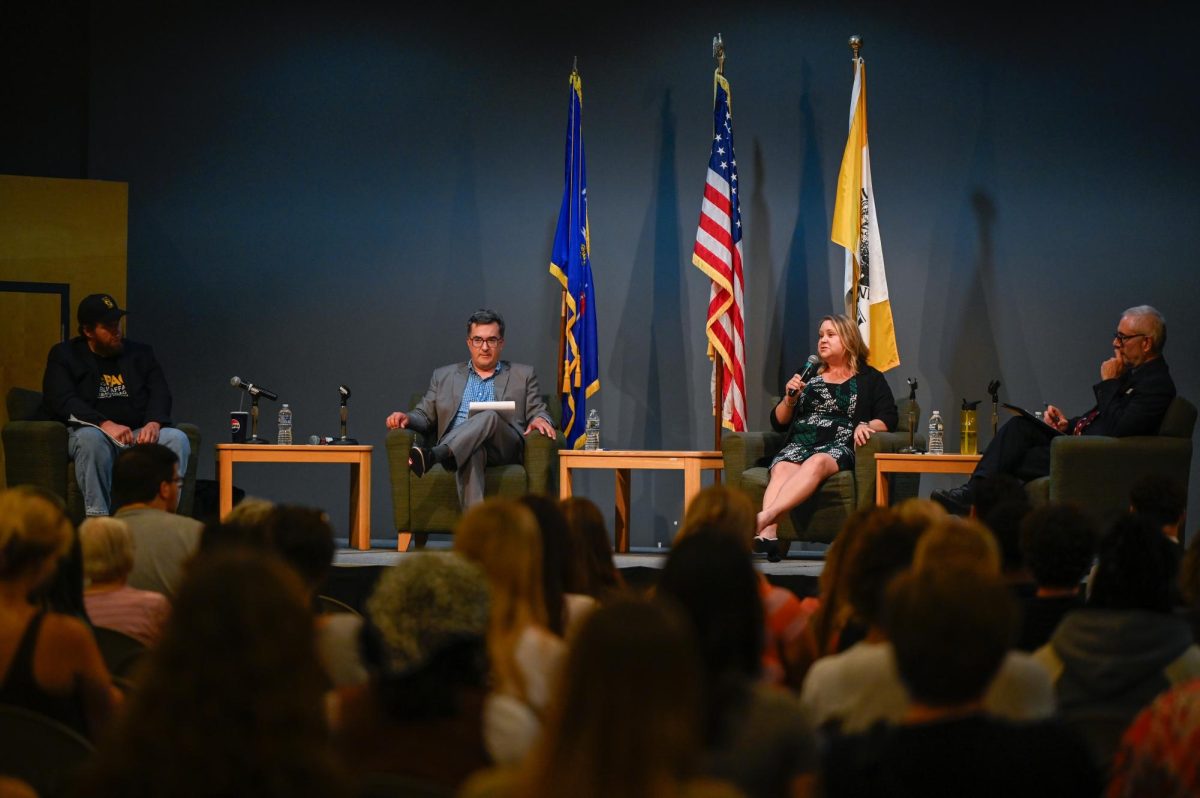The Trump administration’s federal funding cuts are affecting UW System students and alumni working in park services.
Since the cuts began, more than 1,000 National Park Service (NPS) employees have been laid off across the country.
A March 6 blog post by the National Parks Conservation Association said, “national parks as we know and love them are changing – dismantled before our very eyes under the new Trump administration in just six weeks.”
Andy Kristan, a forestry major at UW-Stevens Point, landed a position as a natural resources forestry student trainee, and was one of the many to receive a termination notice shortly after funding cuts began.
“They got me in what they considered a probationary period,” Kristan said. “But I think some of the proper words were ‘unfit to serve the public due to lack of performance.’”
Kristan said he was given no previous warnings about his performance by supervisors.
“The new administration – I think that was kind of the warning, and I kind of knew it was going to happen,” Kristan said. “It [was] not the doing of the Forest Service, you know what I mean?”
Prior to his termination, Kristan said he had texted his supervisor asking if she could give him any information about how they might be impacted.
“She just said that the ranger would be calling me,” Kristan said. “So that’s when I knew that I was going to be terminated.”
Kristan doesn’t know who decided to lay him off, but said he knows it wasn’t his supervisor or his district ranger.
“It came from above,” Kristan said.
Peter Van Linn graduated from UWO in 2005 with an environmental science degree. He is now the superintendent of parks for the city of St. Charles, Missouri.
“I was and still am furious and disappointed with really everyone,” Van Linn said. “DOGE and this admin, but more personally [frustrated] as it pertains to conservation, climate change and diversity in general.”
Van Linn said he feels lucky that his job doesn’t rely on federal funding or federal contractors.
Chris Ingram graduated in 2008 with a double major in environmental science and geology. Ingram started his career in environmental consulting and now works in the outdoor editorial industry.
“The news was shocking and a bit unsettling,” Ingram said. “It was tough to learn about the swiftness and brashness of job cuts.”
Kristan said he had never been fired from a job before.
“It’s definitely very hard,” he said. “This is a hard thing to swallow when you see those words of being unfit due to lack of performance.”
Kristan chose to leave the private sector knowing he would be taking a major pay cut. The private sector was focused solely on monetary gains, but he wanted something more.
“My big thing was I wanted to feel a part of something that was bigger than myself,” Kristan said. “And I actually had a say, and there was a common mission with like-minded people, and that’s exactly what I had found.”
Van Linn has seen the effort and sacrifices it takes to work in the government sector of parks work.
“[They work] often for less money and with more scrutiny than they would have had they used those skills in the private sector,” Van Linn said.
Many people have been hired back on after their initial layoff. While Kristan doesn’t know that he will be hired back right now, he’s not feeling discouraged about landing a job after graduation.
“I want to stay optimistic and hope that things will kind of even out,” he said. “I know there’s always going to be positions down the road … I’m not concerned long term about if I’m going to get back in the Forest Service.”
















